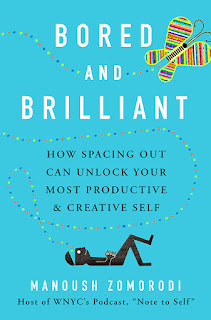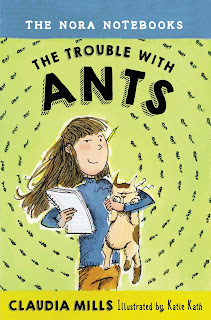Posts
Showing posts from January, 2019
Posted by
Holly Schindler
JUST START (HOLLY SCHINDLER)
- Get link
- X
- Other Apps

Posted by
Author on the Loose
First Lines, Last Word...
- Get link
- X
- Other Apps
Posted by
Ginger Rue
The Hook That Sold Zillions of Women's Magazines (and Beauty Products, and Self-Help Books, and So Forth)
- Get link
- X
- Other Apps

Posted by
Chris Tebbetts
Music and the Creative Process
- Get link
- X
- Other Apps
Posted by
Dia Calhoun
Never Not a Lovely Moon--Smack Dab in the Imagination by Dia Calhoun
- Get link
- X
- Other Apps

Posted by
Nancy J Cavanaugh
Creativity In the New Year
- Get link
- X
- Other Apps

Posted by
cmills
A Book's First Line Is Not Its MOST Important Line
- Get link
- X
- Other Apps
Posted by
Bobbi Miller
Endings and Beginnings!
- Get link
- X
- Other Apps

Posted by
Michele Weber Hurwitz
Interview with Author Jarrett Lerner, by Michele Weber Hurwitz
- Get link
- X
- Other Apps
